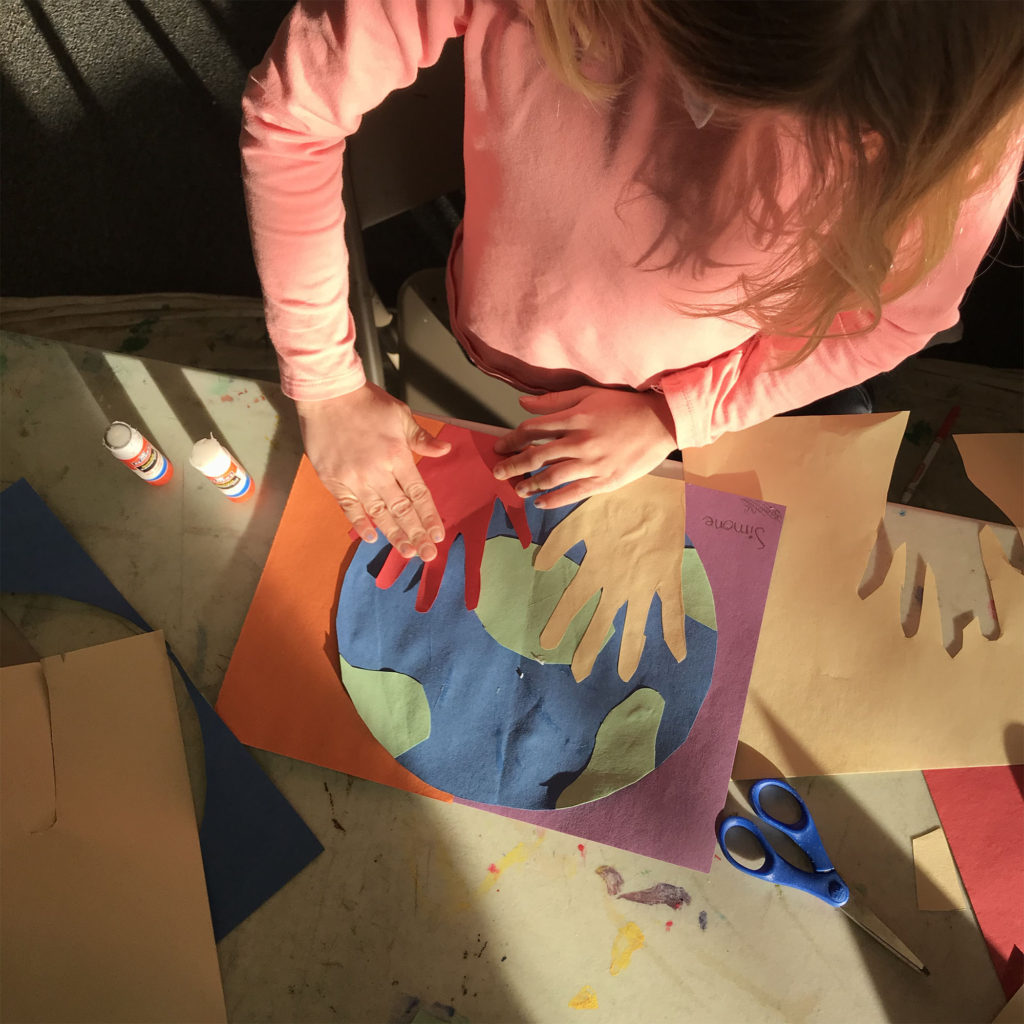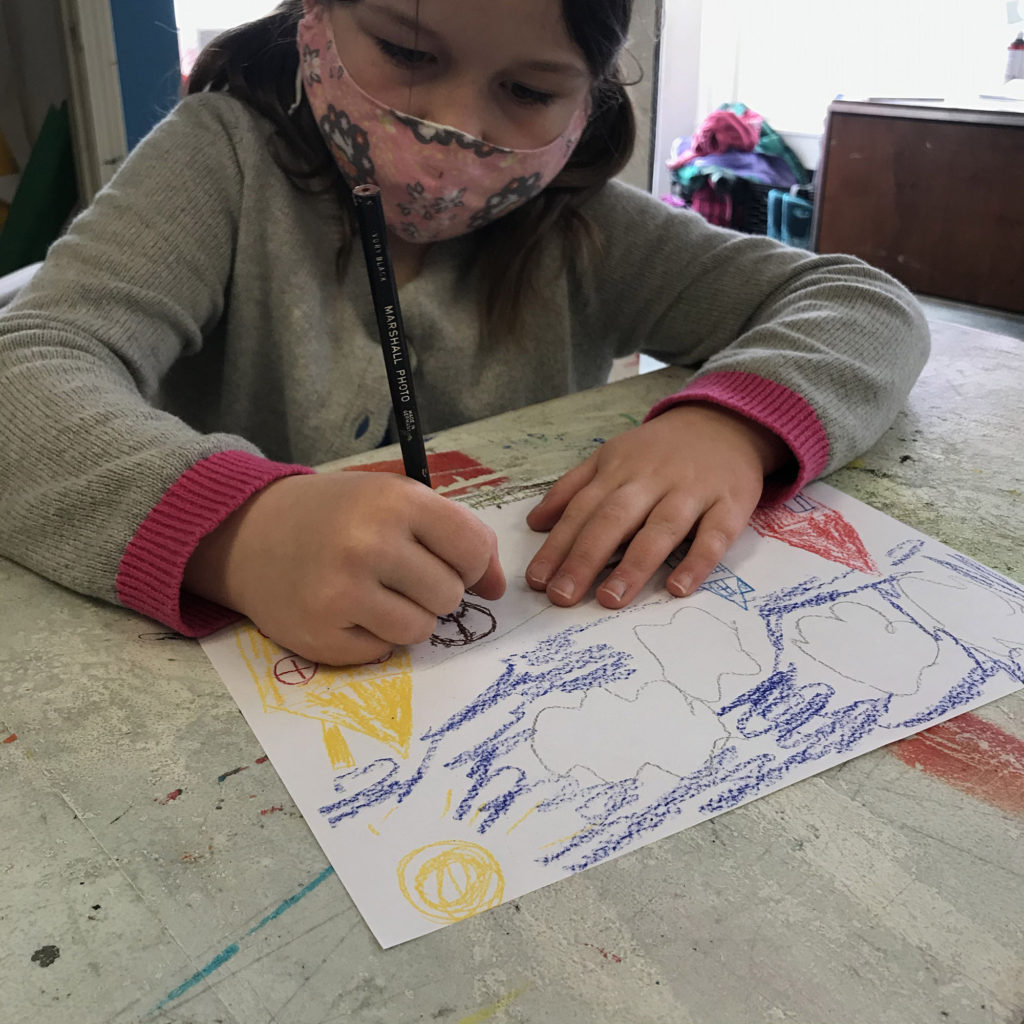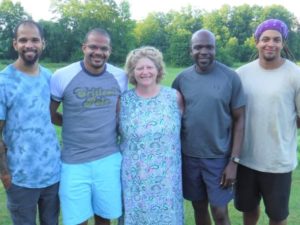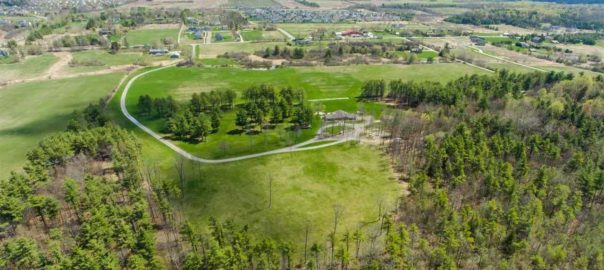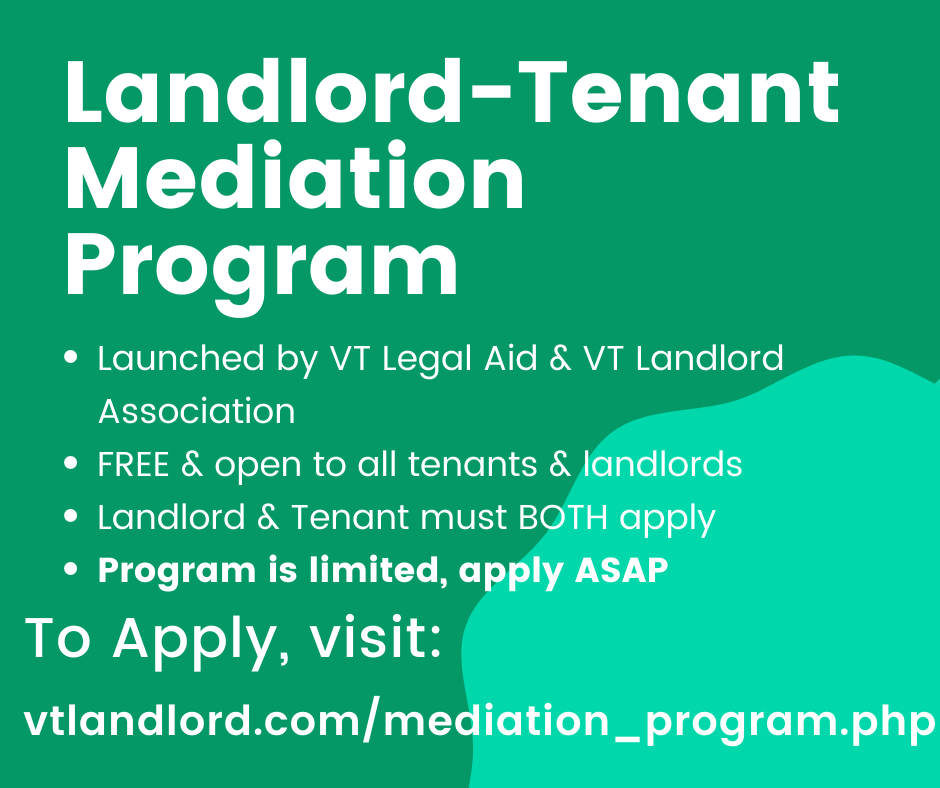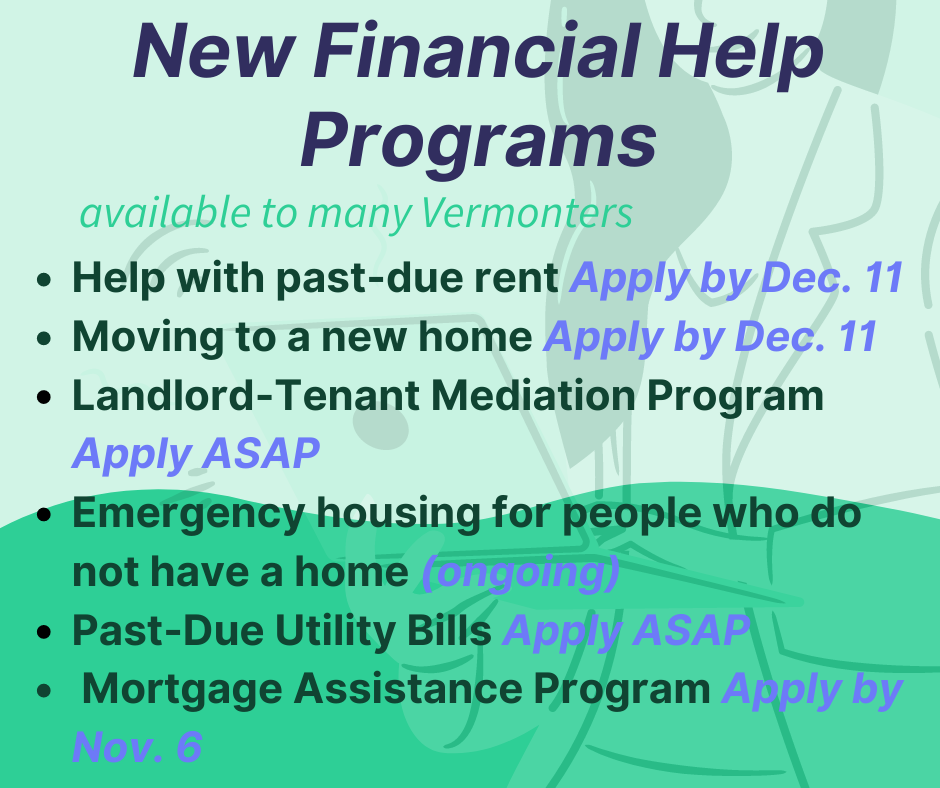This guest blog post features Mark Demers, Landlord Liaison at the Champlain Valley of Economic Opportunity (CVOEO). Mark helps build relationships with landlords across Chittenden County so that we at CVOEO can strengthen our practices of assisting people with their housing needs. Mark reflects on the way zoning laws can be restrictive to inclusive housing, and the impact that might have on the overall community. Zoning laws have been used to restrict affordable housing and perpetuate the racial wealth gap. Historically, this has been intentional, with the “protection” that he refers to in his letter being for white people. If you are interested in digging deeper into the topic of zoning and equity, this webinar hosted by the Joint Center for Housing Studies of Harvard University is a good place to start.
In (or Out of) “The Zone”
I walked into the bedroom and saw my three-year-old sitting on the floor with his back up against his bed, his knees pulled up tight to his chest. His ten-year-old brother with whom he shared the room, was seated at a desk working on a model airplane.
“Why don’t you play with your toys?” I asked the little one.
“I can’t play with my toys,” he said.
“Why not?”
“Because I can’t go past the line to get them.”
I learned that a policy had recently been put in force in the bedroom. The three-year-old was allowed to be in the room as long as he stayed on his “side”, which consisted of the real estate bordered by the wall his bed rested against and a line that ran parallel, about two feet away from the edge of the bed where he currently was sitting. The line was invisible; but it was rigorously enforced by the older brother. The youngest had access to about 15% of the space in the room. He was granted a right-of-way from the door of the bedroom to his “side”.
My youngest was experiencing the inequity of an unjust zoning ordinance – a policy over which he had little control and less say.
In her book “Fixer Upper”, Jenny Schuetz lays significant blame for the current housing crunch across the nation on zoning laws that are as restrictive as they are complicated. Communities are diverse in both their demography and their geography, thus the plethora of zoning not just from one town to another, but from one neighborhood to the next. Burlington is no exception.
Who can be expected to remember the difference between the NMU and the NAC; or the NAC-RC and the NAC-CR? We have RH’s, RM’s, RM-Ws, RL’s and RL-W’s. Each of these designate specific sections of the city and are accompanied by regulations for what can or cannot be built within their boundaries.
Zoning laws are designed to protect something – like wetlands or waterfronts or fabulous views or recreation areas. They protect the character of neighborhoods, keeping them “low density” (“RL”) or “historic” in appearance. Unfortunately, as my youngest son experienced, these laws can do more than protect resources or appearances. They become barriers – as impermeable as they are invisible – that prevent the construction of needed housing or prohibit certain people from living there.
We don’t want to throw the baby out with the bathwater. We don’t have to look far to see what happens when polluting activities are allowed to go unrestrained on fragile lands. The clean-up takes years and costs millions. We also have to ask ourselves the question: Do we want our children to be able to afford to live here? Burlington doesn’t have room to “build out” and if I read our current zoning laws right, there are not many places where we can “build up”. Something is going to have to give.
I don’t envy those in power faced with the task of mitigating the current housing crisis. My three-year-old son had the benefit of a dad whose authority was enough to adjust oppressive lines that had been arbitrarily set by the bedroom zoning ordinance. The lines drawn in and between our neighborhoods present more of a challenge. They have the power of decades of inertia behind them. But if we are going to have housing that is affordable, sustainable, and environmentally responsible, some of those lines are going to have to move. That’s not just a job for civic leaders; it’s a project that will demand careful thought, compromise – and dare I say it – sacrifice from us all.
If you are a landlord or property manager or want to comment on this article, please feel free to give me a call – 863-6248 x 755 or send me an email – mdemers@cvoeo.org.


